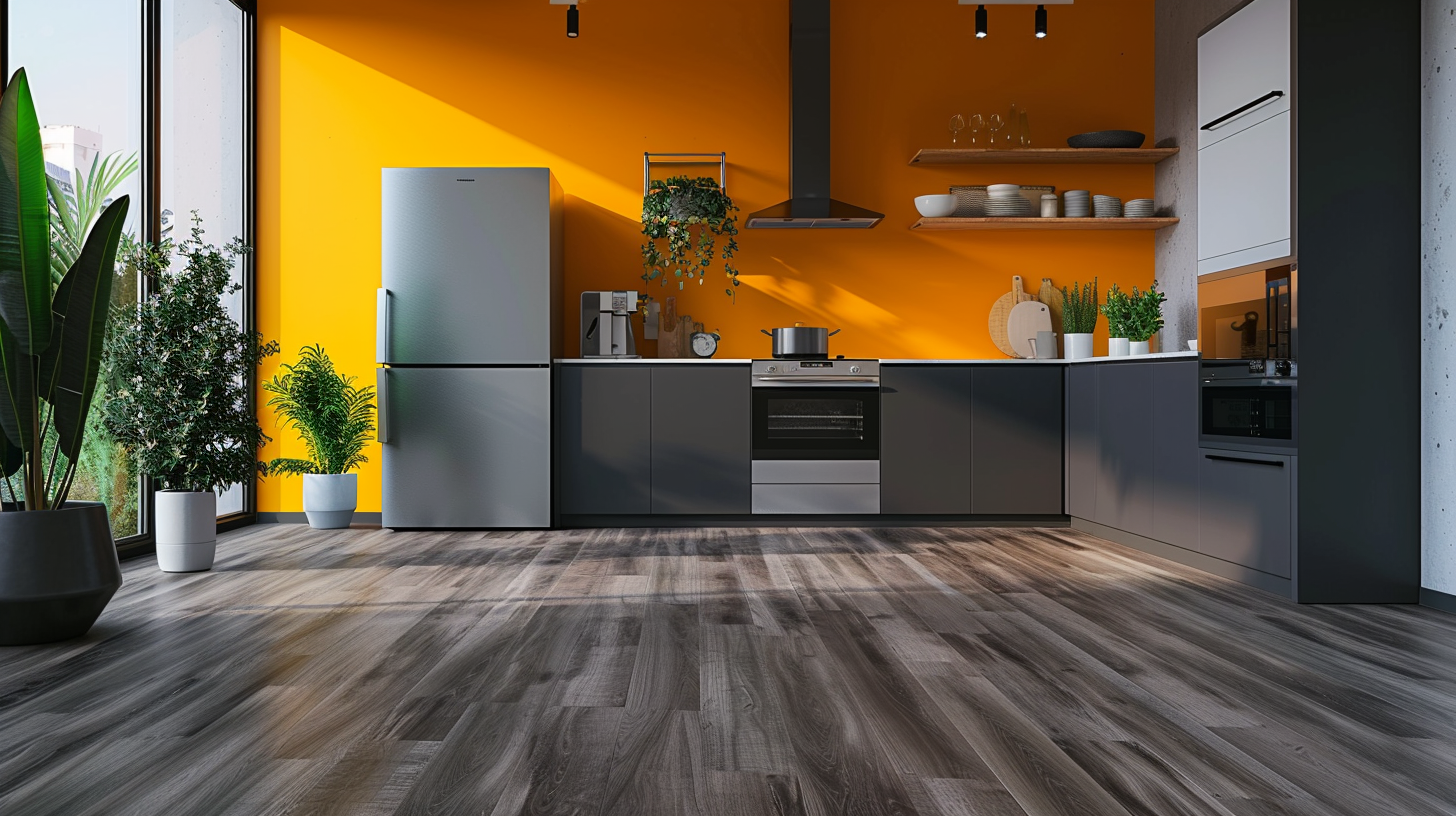
When choosing flooring, many options can be overwhelming. CPS1 et LVP2 are two popular choices, but understanding their differences is key to making the right decision.
[SPC] flooring stands for Stone Plastic Composite, offering enhanced durability and stability compared to [LVP]. This makes it ideal for high-traffic areas and various environments.
I remember when I first explored flooring options for a project. The decision between [SPC] and [LVP] was crucial for the outcome.
What is better, LVP or SPC?
Choosing between [LVP]and [SPC] depends on your specific needs. [SPC]generally offers better durability and water resistance, making it suitable for areas like kitchens and bathrooms. On the other hand, [LVP] is often more affordable and easier to install.
Dive Deeper into [LVP] vs. [SPC]
Durability Comparison
| Fonctionnalité | [SPC] Flooring | [LVP] Flooring |
|---|---|---|
| Matériau de base | Pierre en plastique composite | Vinyl-based |
| Couche d'usure | Thicker and more robust | Varies, generally thinner |
| Résistance aux chocs | Plus élevé | Modéré |
[SPC] flooring’s stone plastic composite core makes it more resistant to impacts and wear. This is especially beneficial in commercial settings where flooring endures heavy foot traffic.
Installation Process
[SPC] often features a click-lock system, similar to [LVP], but its rigid core provides more stability. This can reduce issues like warping or shifting over time, which is a common concern with [LVP] in fluctuating climates.
Options esthétiques
While both [SPC] and [LVP] offer a wide range of designs and finishes, [LVP] typically has more flexibility in mimicking natural materials like wood and stone due to its softer core.
What are the disadvantages of [SPC] flooring?
While [SPC] flooring has many advantages, it also comes with some drawbacks. Understanding these can help you make a more informed decision.
Dive Deeper into [SPC] Flooring Disadvantages
Dureté et confort
[SPC] flooring is harder underfoot compared to [LVP]. This can make it less comfortable for standing over long periods and may require additional underlayment for cushioning.
Défis liés à l'installation
Although [SPC] is generally easy to install, its rigidity can make it less forgiving on uneven subfloors. Proper preparation is essential to ensure a smooth installation.
Limited Sound Insulation
Due to its dense composition, [SPC] may not provide the same level of sound insulation as [LVP]. This can be a consideration in multi-story buildings or apartments where noise reduction is important.
Impact sur l'environnement
[SPC] flooring is made from PVC and other plastics, which can raise environmental concerns. While it is durable and long-lasting, the production process may not be as eco-friendly as some alternatives.
What does [SPC] mean in [LVP]?
Understanding the terminology can clear up confusion. [SPC] in the context of [LVP] refers to a specific type of vinyl flooring that incorporates Stone Plastic Composite technology.
Dive Deeper into [SPC]] in [LVP]
Technology Integration
[SPC]] technology enhances [LVP] by adding a rigid core made of limestone and PVC. This integration improves the flooring’s overall stability and resistance to moisture.
Avantages en termes de performance
By incorporating [SPC], [LVP] flooring gains increased durability and dimensional stability. This means it is less likely to expand or contract with temperature changes, reducing the risk of gaps or buckling.
Considérations sur les coûts
[SPC]-enhanced [LVP] tends to be slightly more expensive than traditional [LVP] due to the added materials and manufacturing processes. However, the increased lifespan and performance may justify the higher initial cost.
Applications
[SPC] in [LVP] makes it suitable for a broader range of applications, including commercial spaces and areas prone to moisture. Its enhanced properties expand the versatility of [LVP] flooring options.
Which is better, PVC or [SPC] flooring?
When comparing PVC and [SPC] flooring, [SPC] is often considered superior in terms of durability and performance. However, the best choice depends on your specific requirements and budget.
Dive Deeper into PVC vs. [SPC] Flooring
Composition du matériau
- Revêtements de sol en PVC: Made primarily from polyvinyl chloride, offering flexibility and ease of installation.
- Flooring: Combines PVC with limestone powder and stabilizers, resulting in a more rigid and durable product.
Durability and Maintenance
[SPC] flooring is generally more durable and easier to maintain. Its rigid core resists dents and scratches better than standard PVC flooring, making it ideal for high-traffic areas.
Résistance à l'eau
Both PVC and [SPC] offer good water resistance, but [SPC]’s composition provides superior protection against moisture. This makes [SPC] a better choice for areas like bathrooms and kitchens.
Cost Analysis
PVC flooring is typically less expensive upfront compared to [SPC]. However, considering the longevity and lower maintenance costs of [SPC], it may offer better value in the long run.
Polyvalence esthétique
Both PVC and [SPC] come in various styles and finishes. However, [SPC]’s enhanced structure allows for more intricate designs and textures, providing a more authentic look and feel.
Conclusion
Choosing between [SPC] and [LVP] depends on your specific needs. [SPC] offers superior durability and stability, while [LVP]] provides flexibility and affordability. Consider your priorities to make the best choice for your space.


